
For a political to stand firm, united and face all challenges, it must not be held by a single person. So, it was with the United Party which was formed in October 1957 when six different political parties united under one name. They were the National Liberation Movement (NLM), led by Busia; Northern Peoples Party (NPP), led by S.D. Dombo; Togoland Congress, led by S.G. Antor; Anlo Youth Association (AYA), led by Modesto Apaloo; Ga Shifimokpee, led by AttohQuarshie and Muslim Association Party (MAP), led by Bankole.
The NLM was founded by Baffuor Akoto, but because he was the Asantehene’s linguist, he appointed Dr. K.A. Busia to lead the party. All these gentlemen effectively managed the party’s affairs in togetherness and in harmony.
When in 1969 the Progress Party led by Dr. Busia formed government, the PP was managed by elders who took it upon themselves to share ideas and interact with everyone including the youth.
In 1979, this unity got split with a faction breaking away to form the United National Convention (UNC) while the direct root of the UP, formed the Popular Front Party (PFP).
In 1992, the New Patriotic Party (NPP), a direct root of the UP was founded. The NPP was a union of the PFP and UNC members and it resolved never to go separate ways again.
- J. da Rocha, Joseph Agyenim Boateng, Ala Adjetey and Odoi-Sykes were among other elders who held the party intact with discipline cutting across all levels. Despite losing the 1992 General Elections, the party grew from strength to strength and showed signs of winning power soon, after another failure in 1996.
In 2000, the NPP won the elections and formed government in 2001. President J.A. Kufuor showed how principled and professional he was as he concentrated more on national issues, leaving the party under the capable hands of General Secretary Dan Botweand others.
The liberal democratic principles that allowed collective responsibility and decision making, with acceptance of diverse opinions made the party very attractive. No single person controlled the party.
Unfortunately, by 2006, with JAK having only two more years in office, the tradition started shifting to the socialist structure where one person had the say and control over the party. It was this system that brought down the CPP after the exit of Kwame Nkrumah.
The Establishment was formed and independent minded people were not entertained as diverse opinions made one to stand out as an enemy instead of a partner. While in 2004, President Kufuor made it clear that he would never hand-pick a parliamentary candidate for any constituency, the Establishment from 2008 started handpicking candidates. While Kufuor’s principle united the party at the grassroot, the Establishment came to divide it.
In 2000, NPP won fifty percentage or 100 of the 200 seats in Parliamentand as an incumbent party it increased the percentage hold in Parliament after the 2004 elections, to 55.6% or 128 seats of the 230 seats in the House. Incumbent parties increase their number of seats in their second term.
In 2008, the NDC won 116 or 50.4% out of the 230 seats. In 2012, it won 148 seats or 53.8% of the 275-seat parliament. Then in 2016, the NPP won the General Elections, sweeping along 169 seats or 54.2% of the 275-seat Parliament.
One would have expected the NPP to go into 2020 winning more seats. Unfortunately, due to the excesses of the Establishment, which kept imposing candidates on constituencies, the party lost 32 seats to gain only 137 seats or 49.8% of the 275 seat Parliament.
As if it had not learnt any lessons of the damage it was causing the party, the Establishment continued the imposition and today the NPP has only 88 seats or 31.8% of the 276-seat Parliament.
As things stand the Establishment has full grip on the NPP and anything it says must be accepted. This has made many party supporters to desert the party at the polls, talking about over two million voters.
The Ablekuma North re-run of nineteen polling stations has clearly indicated that unless a great transformation occurs, by 2028 the NPP could join the ranks of the CPP and others, turning Ghana into a virtual one-party state under the NDC.
There is certainly the possibility of NPP going down to 87 seats, if the same sequence follows into the upcoming Akwatia bye-elections.
This week, the NPP is organising a National Delegates Conference to deliberate on constitutional reforms. Once again, proposals made, have not been send to the grassroot base of the party for thorough discussion and recommendations.
The typical style of the Establishment is to make tired delegates accept its recommendations and the constitution is amended in its favour.
In order not to push the party deeper into the ditch, the following recommendations may be considered.
Expansion of Electoral College: The electoral college must be expanded to include all past executives from polling station right up to national levels; all former MPs and all former government appointees (ministers, deputy ministers, MMDCEs, appointees to state establishments, ambassadors/high commissioners), among others. This group of people would most likely not kowtow to external forces and would easily break up the Establishment. They will bring back the UP Tradition.
Internal Elections: The elections of party officers and candidates must follow its current pattern. The idea that there should be Top-Bottom approach where the flag bearer will be elected first could easily break up the party.
If a flag bearer is elected first, all other officers would be elected from his or her camp. No one perceived or known not to have supported the flag bearer would have a place in the party. Many good people who could work to help the party would be set aside and, in the end, disunity will set in and more people will exit the party.
Paul AdomOtchere, speaking for the Top-Bottom Approach, said the NPP flag bearer would be better known over, all others before the General Elections. He missed one important thing that happened in history. In 1979 very popular and famous flag bearers in the persons of Victor Owusu and William Ofori Atta could not beat an unknown Hilla Limann. This was because, while Victor and William came out of a disunited party, Limann had behind him a fully united party with a strong purpose to win the election and his party won.
With an expanded Electoral College, the NPP would start electing those who can do the job from the grassroot right to the national level and elect candidates for the constituencies and finally flag bearer,with the party structure fully empowered to accept diverse opinions and working together to make the party very attractive.
The original NPP will be back with collective decisions that would benefit the party. With this, that democratic dictatorship of the Establishment where one person or a very small group of people could wake up from dream and direct that what they dreamt of, must be accepted by the rank and file of the party, would be extinguished forever.
New System of Membership Card: This may sound like something from outer space, but I believe to instil unity and shy away from ethnicity in the party, a new membership card could be generated. The seven elders who brought their parties to the table to form the United Party must be immortalised. And this is how I suggest should be the case. The seven are Baffour Akoto, Busia, Dombo, S.G. Antor, Modesto Apaloo, AttohQuarshie and Bankole. They could be held as heads of clans. And so, whenever anyone registers to become a card bearing member or goes to renew his or her card, AI would generate a clan name for them.
One additional proposal here, is that the flag bearer must not pick the running mate from his clan. When the party forms government, the Chief of Staff, the Speaker, the Attorney-General, the Finance Minister and the Defense Minister must each come from the remaining five clans.
This may sound crazy, but it is about time the party honour the memories of all these seven gentlemen instead of calling the party’s tradition, the Danquah-Busia-Dombo tradition. So, when a party member from the North has his card indicating that he belongs to Attoh Quarshie clan, it will help him to cut out ethnic lines and see all Attoh Quarshies as kinsmen. By the way, where from Danquah when he never took any party to the table in October, 1957?
To conclude, the problem facing the NPP today is its departure from the principles of old when everyone has a say and is accepted as a sibling. The principle where no single person or a few individuals were decision makers of the party. This principle must come back if the NPP is to rise again.
Hon. Daniel Dugan
The post Feature: Reviving the Elephant – Need to Restore Credibility and Principles Back into the NPP appeared first on The Ghanaian Chronicle.
Read Full Story
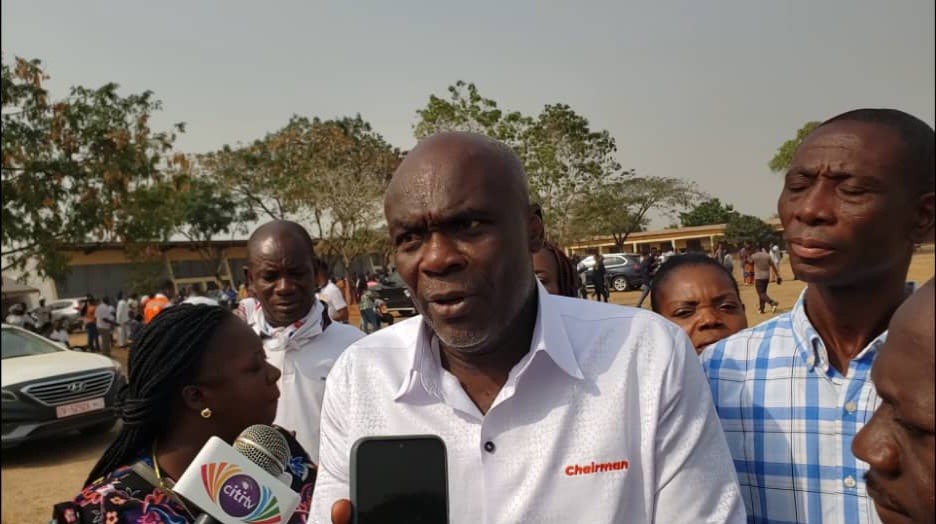






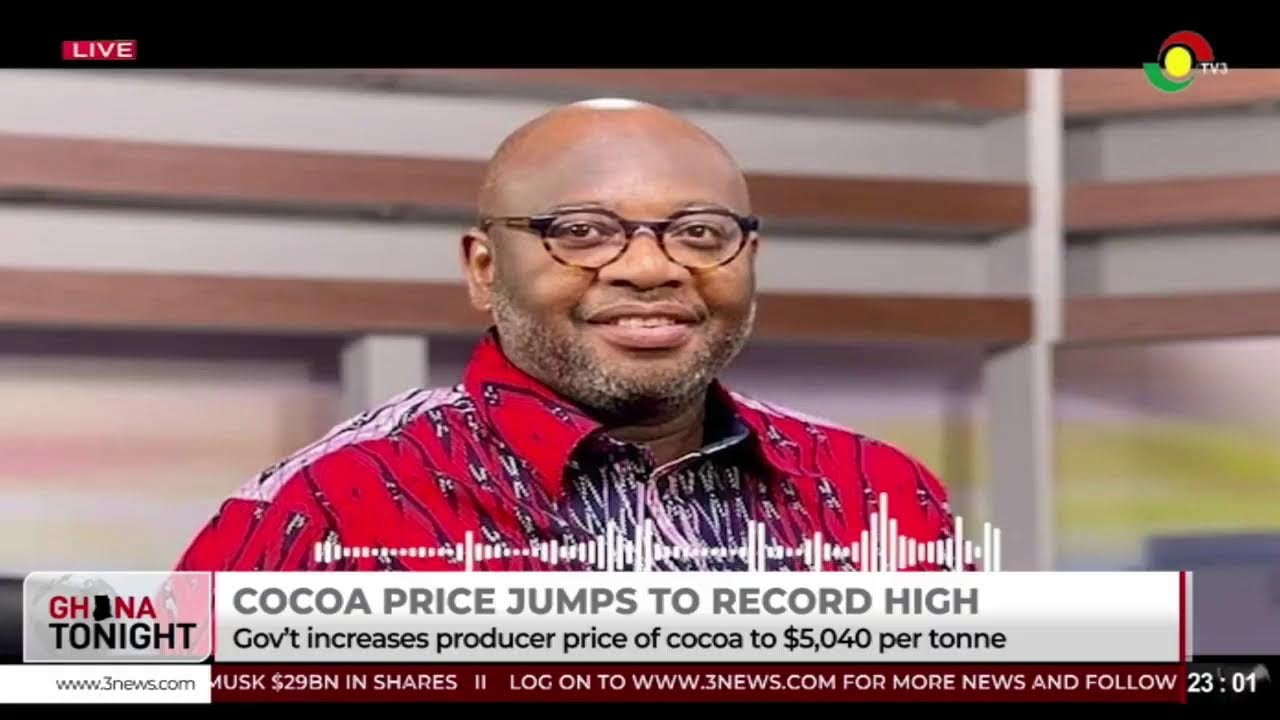
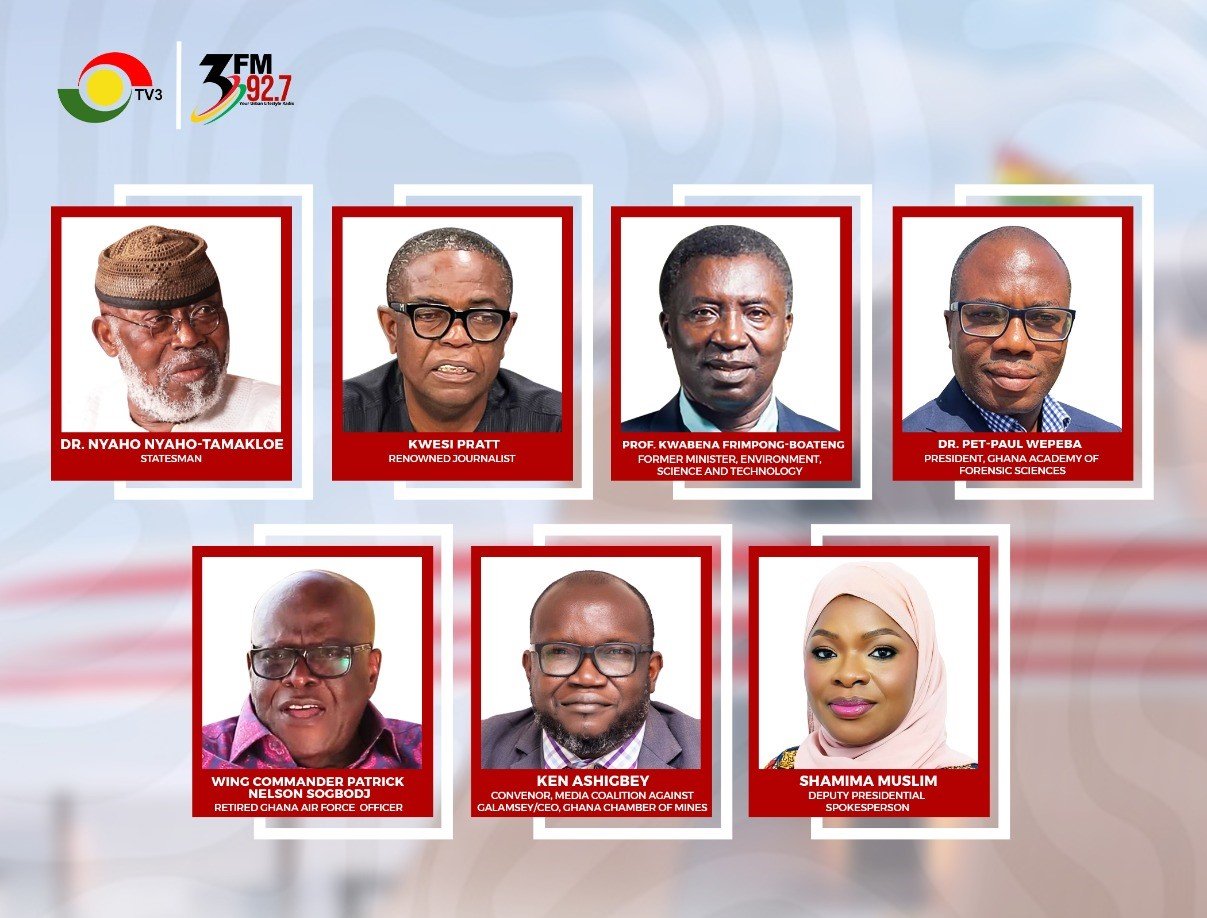
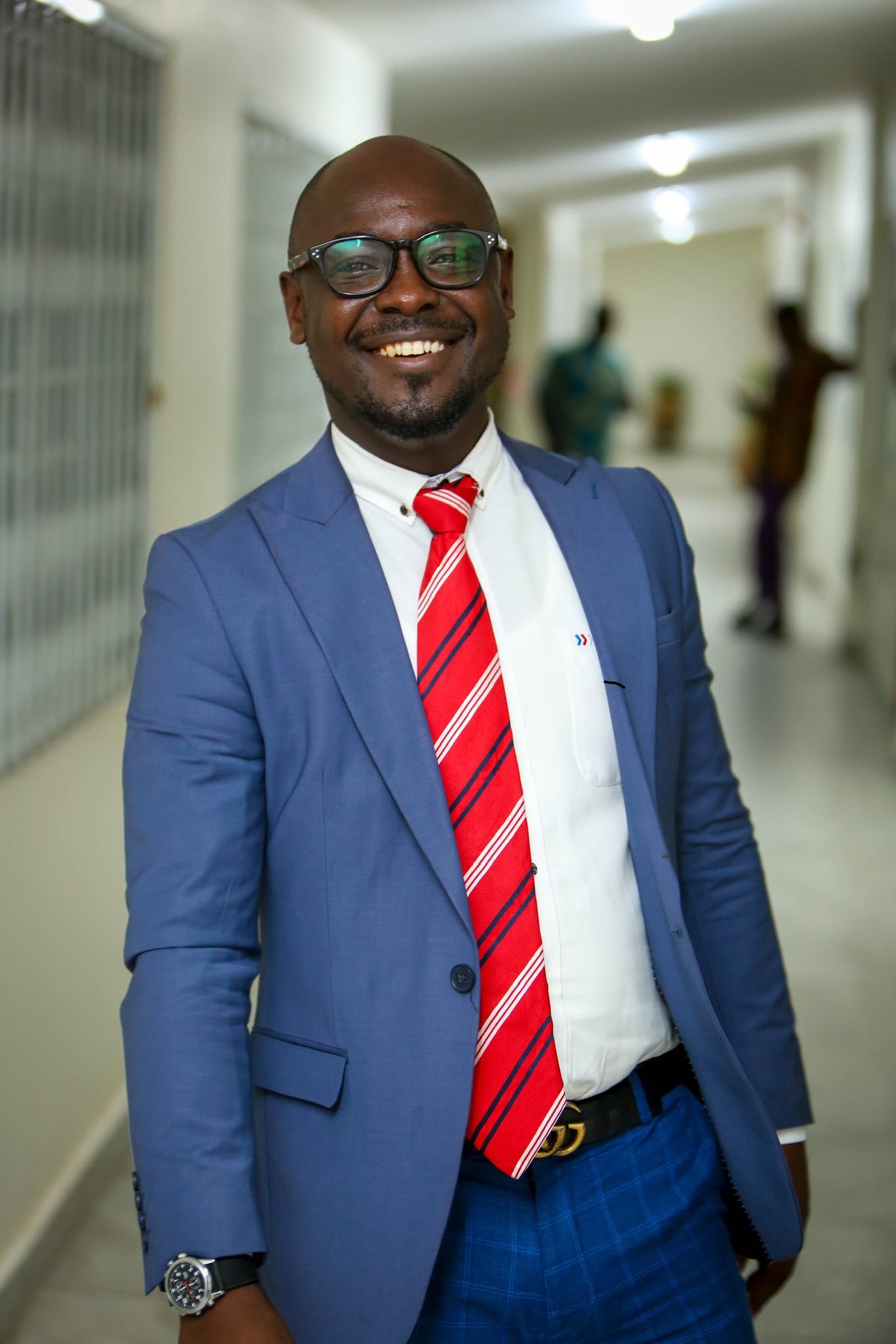

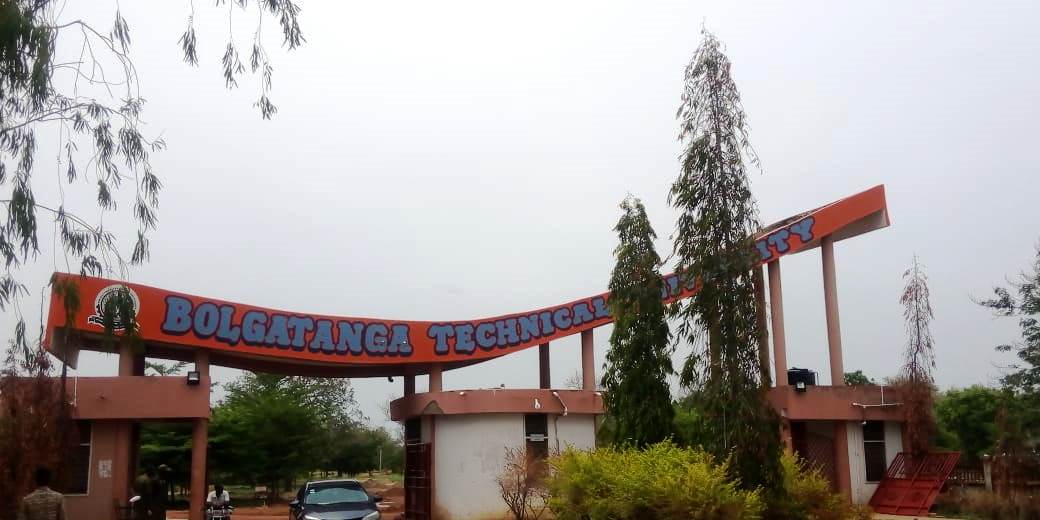




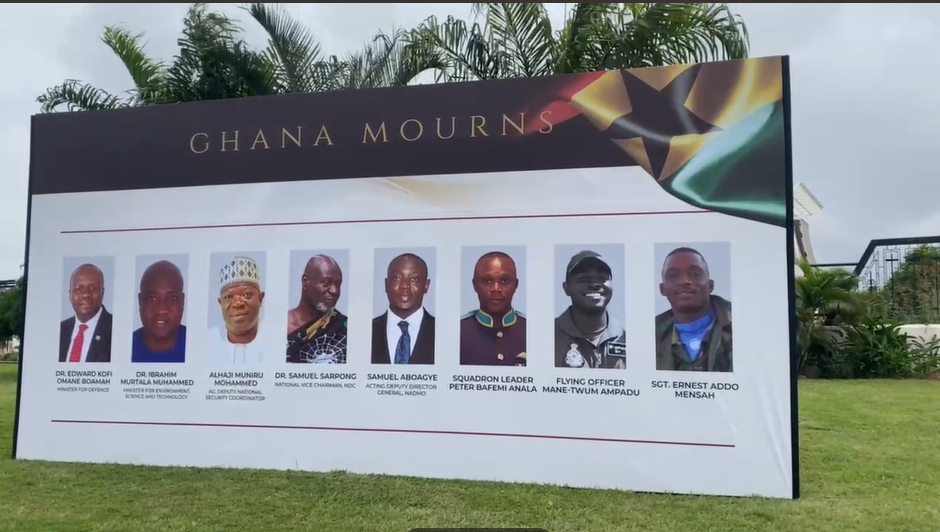

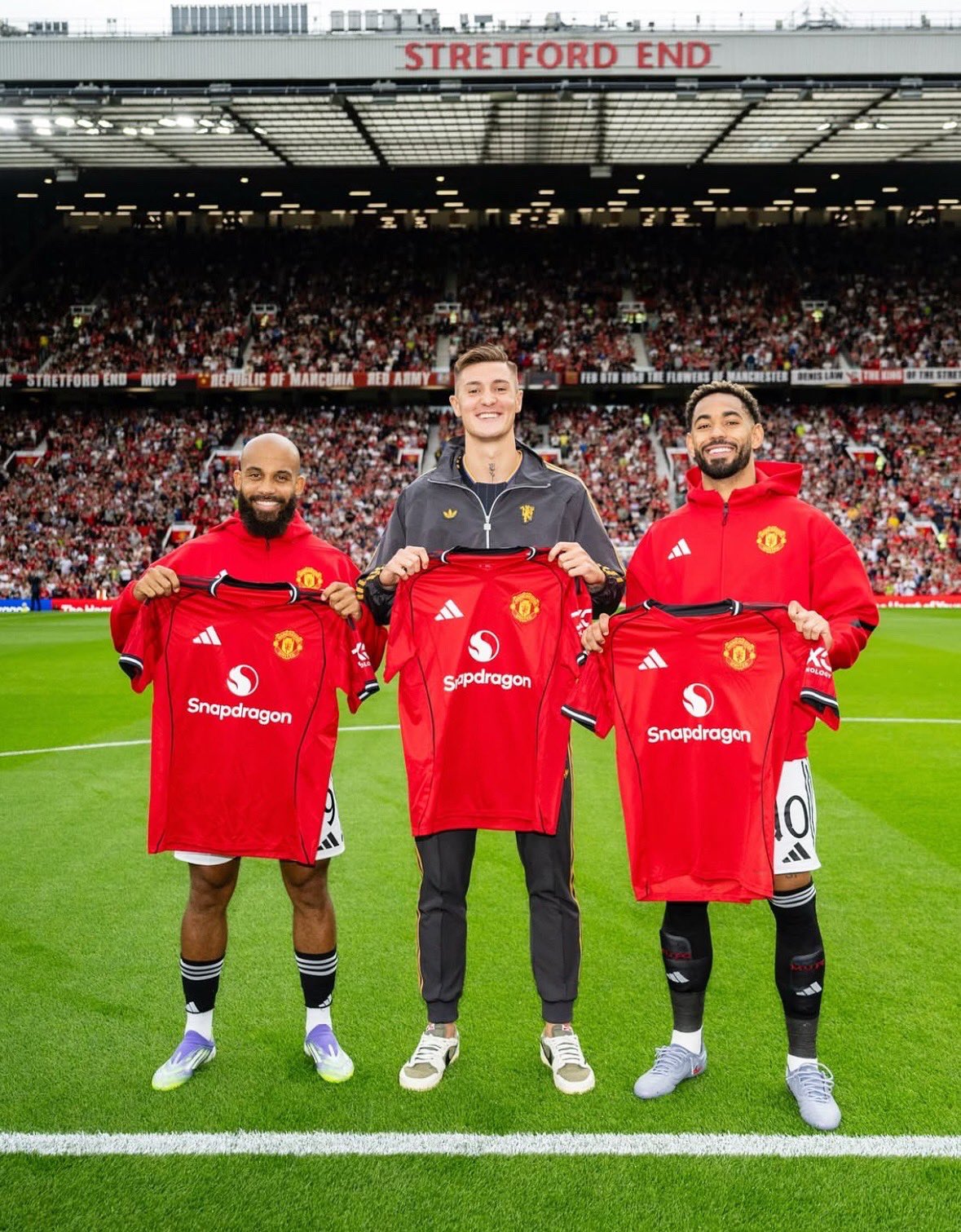
Facebook
Twitter
Pinterest
Instagram
Google+
YouTube
LinkedIn
RSS